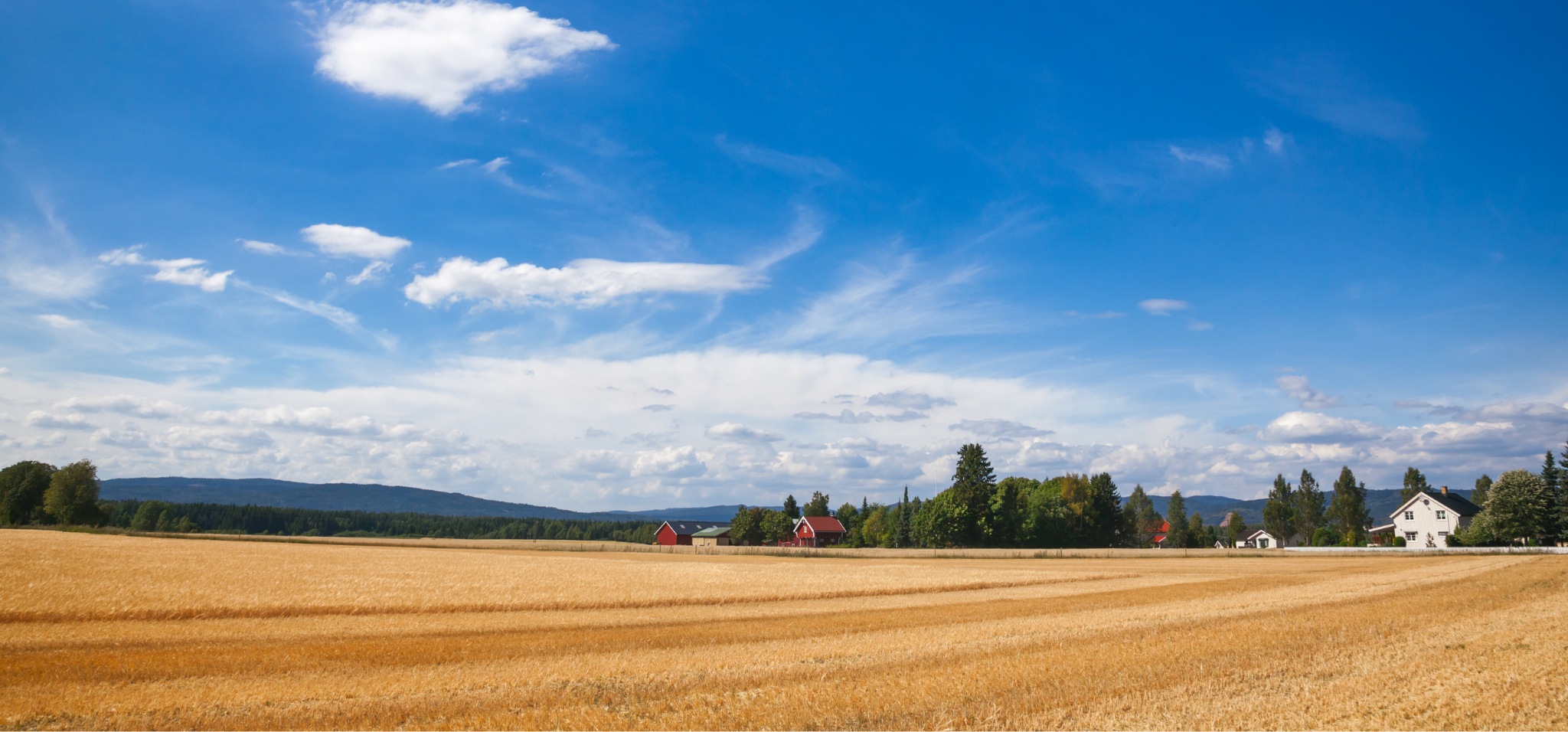
Bob Van Oort, Centre for International Climate and Environmental Research (CICERO) CICERO and FABLE Norway, recently participated in a debate session on the World Bank's new report, A Recipe for a Livable Planet. The report presents a global roadmap for mitigating the agrifood system’s contributions to climate change and shows how agriculture can cut greenhouse gas emissions while continuing to feed the world. Organized by the Norwegian Agency for Development Cooperation (NORAD), the session underscored the urgent need for systemic changes to mitigate climate impacts, enhance food security, and promote sustainable development.
Main highlights
• Effective mitigation strategies are crucial to avoid the continuous cycle of adapting to worsening climate conditions. Theoretical improvements must be feasible on the ground to achieve their full potential. Today's food systems need practical, affordable, and locally implementable solutions for both adaptation and emission reductions.
• A global roadmap for the food system needs to recognize its interconnectedness with other sectors. Achieving net-zero emissions requires a holistic approach.
• We should be cautious against overestimating carbon sequestration and over-reliance on unproven technologies. The potential of natural carbon sequestration methods, such as reforestation and soil carbon capture is finite.
• We need to recognize the equity issue in emissions reduction. High-income countries should lead by example in reducing consumption and emissions to support middle- and low-income countries in their sustainability transition.